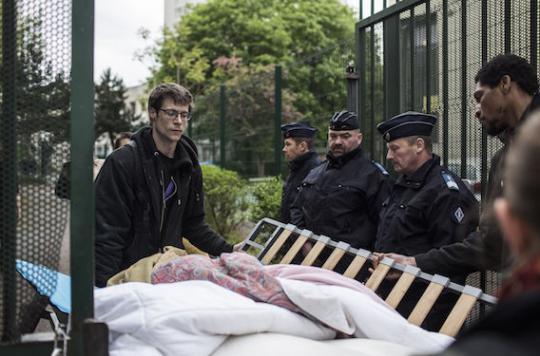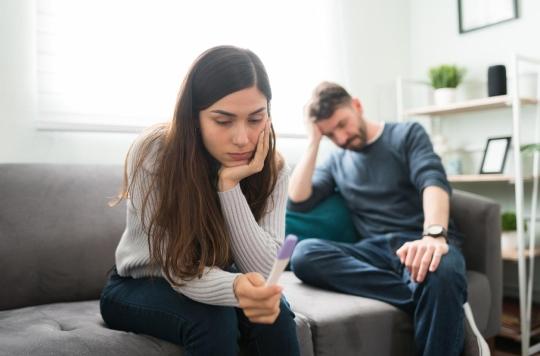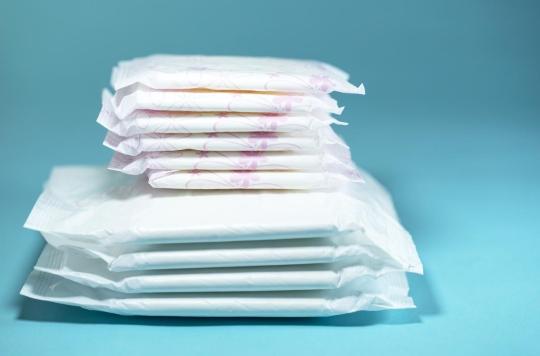For five months, it is forbidden to evict a tenant and to suspend electricity and gas in the event of unpaid bills.

Since Tuesday, it is forbidden to evict tenants who fail to pay their rent, even if an eviction measure has been pronounced against them by the courts. The “winter truce”, this emblematic achievement of Abbé Pierre’s combat, came into effect for five months, until March 31.
Since 2012, the law has also suspended gas and electricity cuts in the event of unpaid bills. The operator can, however, reduce the power delivered to the households, without going below 3 kilowatts / hour. These measures are intended to protect the most precarious households, and seem more than ever to be justified in 2016.
Evictions on the rise in 2015
“Like every year, eviction procedures are on the rise,” deplores the Abbé Pierre Foundation in a press release. In 2015, the number of effective evictions, with the help of the police, jumped spectacularly by 24% in one year, reaching 14,363 (compared to 11,604 in 2014)! An unprecedented rise and level, while these figures had been relatively stable for ten years ”.
And this indicator only concerns a “minority” of evictions, recalls the Foundation, since many households do not wait for the arrival of the police to leave the premises. A total of 67,406 households were subject to an eviction decision in 2015. Public and private real estate stocks are affected.
Precariousness and health
The Foundation warns of “the rise in precariousness since the crisis” and of “the failure of policies to prevent evictions which have so far failed to stop this trend”.
In fact, these “human tragedies” do not only have the effect of “fueling great exclusion”, as the Foundation denounces. They also have a significant impact on the health of people who pass through them. Studies have shown that those who are subject to eviction proceedings are more prone to cardiovascular and mental disorders than others. A fairly logical conclusion, born of the troubles
.

















